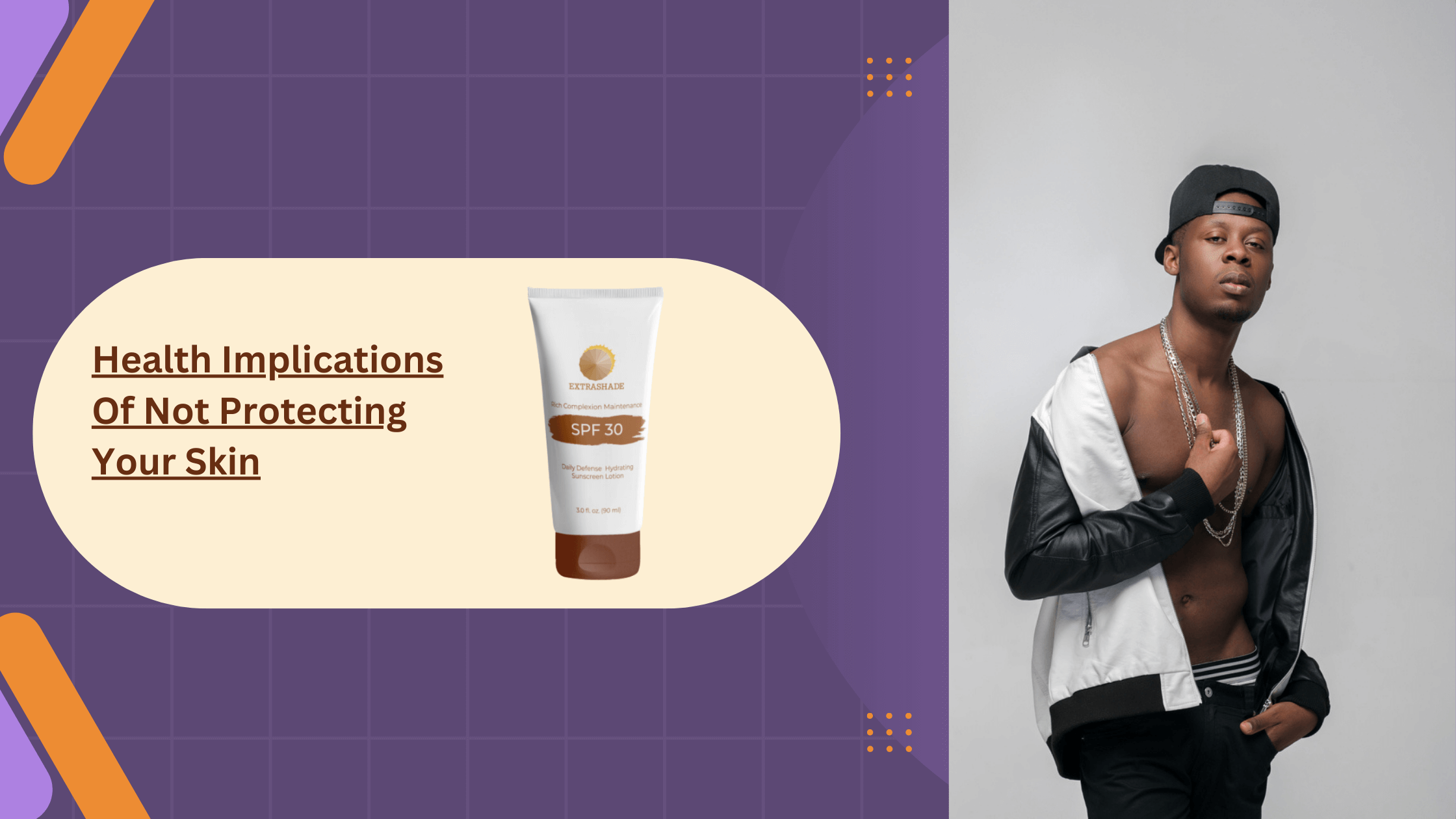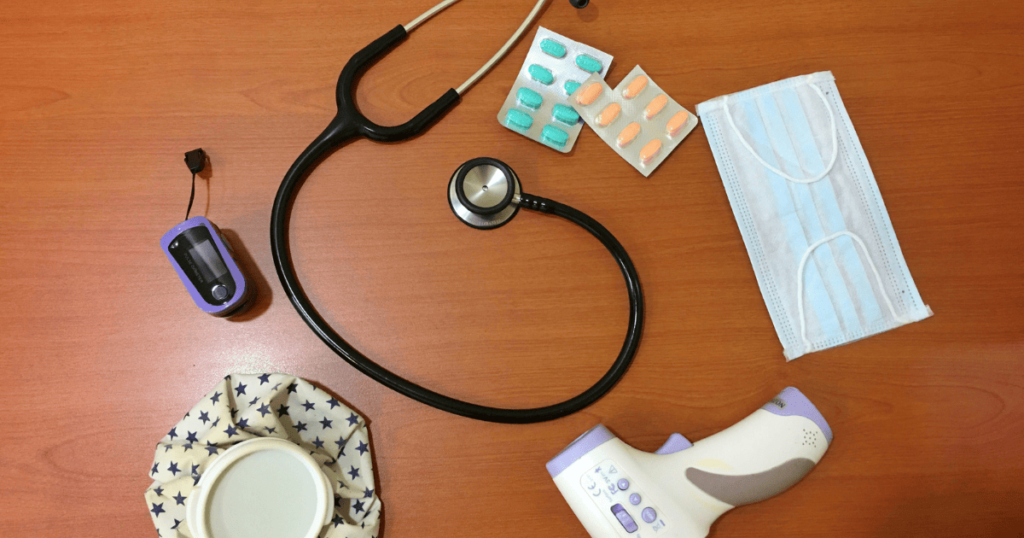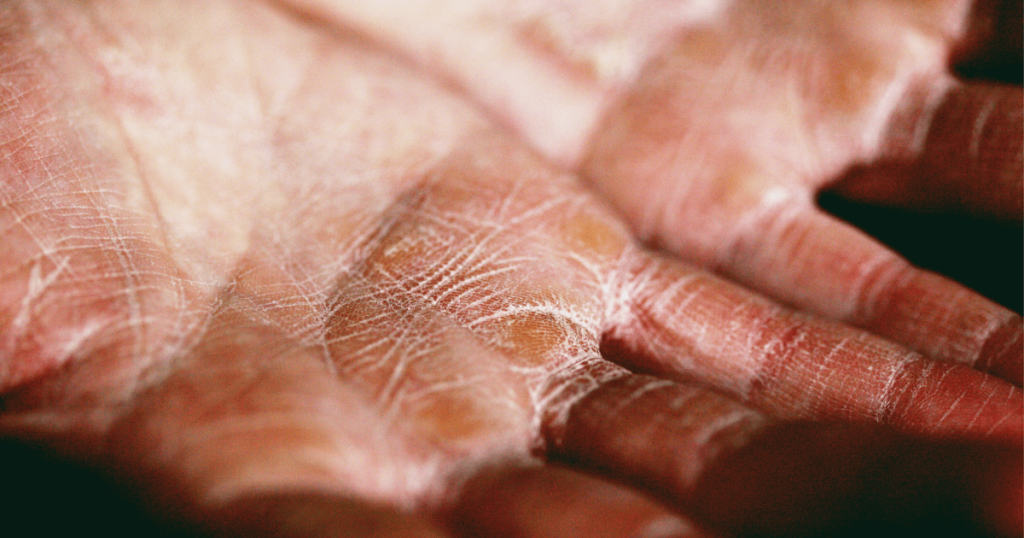Our skin is our body’s largest organ, acting as a barrier against the external environment. It protects us from harmful substances, regulates body temperature, and even plays a role in producing vitamin D. However, failing to adequately shield our skin from environmental aggressors, particularly the sun’s ultraviolet (UV) rays, can lead to a multitude of health concerns.
In this article, we will take a look at the potential consequences of neglecting proper skin protection. Before that, we will discuss the importance of skin protection. So, without further ado, let’s dig deeper.
The Importance of Skin Protection
Protecting our skin from harmful elements is crucial for maintaining overall health and preventing various issues. Here are some key reasons why skin protection is important:
I. Ultraviolet (UV) radiation protection
Exposure to UV rays from the sun can cause sunburn, premature aging, and increase the risk of skin cancer. Using sunscreen, wearing protective clothing, and seeking shade during peak sun hours are effective ways to shield your skin from harmful UV radiation.
iI. Preventing skin cancer
Skin cancer is one of the most common types of cancer, and excessive sun exposure is a major risk factor. By practicing sun safety and protecting your skin, you can significantly reduce your chances of developing various forms of skin cancer, including melanoma, which can be life-threatening.
III. Avoiding premature aging
UV rays can damage the skin’s elastin and collagen, leading to wrinkles, age spots, and a leathery texture. Proper sun protection can help prevent these signs of premature aging and maintain a youthful appearance.
IV. Protecting sensitive skin
Individuals with certain skin conditions, such as eczema, rosacea, or lupus, may have heightened sensitivity to sun exposure. Protecting the skin from UV rays and other irritants can help prevent flare-ups and minimize discomfort.
V. Occupational safety
Certain professions, such as construction workers, outdoor athletes, or landscapers, involve prolonged sun exposure. Implementing appropriate skin protection measures in the workplace can reduce the risk of skin-related occupational hazards.
VI. Maintaining overall skin health
Protecting your skin from environmental factors like wind, cold, and pollution can help preserve its natural barrier function and prevent dryness, irritation, and other skin issues.
Health Implications of Not Protecting Your Skin
Not protecting your skin from harmful environmental factors can have several health implications, both short-term and long-term. Here are some of the potential consequences.
1. Sunburn
Sunburn occurs when the skin is overexposed to ultraviolet (UV) radiation from the sun. UV radiation damages the DNA in skin cells, triggering inflammation and the body’s natural defense mechanism. The affected area becomes red, painful, and tender to the touch. Severe sunburn can lead to blistering, swelling, and even fever or chills in extreme cases. Apart from the discomfort, repeated sunburns can increase the risk of skin cancer and accelerate skin aging.
2. Skin Cancer
Prolonged exposure to UV radiation is a major risk factor for skin cancer. UV radiation damages the DNA in skin cells, leading to mutations that can result in uncontrolled cell growth and the formation of tumors. The three main types of skin cancer associated with UV exposure are melanoma, basal cell carcinoma, and squamous cell carcinoma. Melanoma, although less common, is the most aggressive form of skin cancer and can metastasize to other parts of the body if not detected and treated early.
3. Premature Aging
UV radiation accelerates the aging process of the skin, a phenomenon known as photoaging. It damages the collagen and elastin fibers in the skin, leading to a loss of elasticity and firmness. This results in the formation of wrinkles, fine lines, and sagging skin. Additionally, UV exposure can cause uneven pigmentation, such as age spots and freckles, giving the skin a mottled appearance. Cumulative sun exposure over time contributes significantly to premature aging, making sun protection essential for maintaining youthful skin.
4. Immune Suppression
UV radiation can suppress the immune system’s function within the skin. It affects the activity of immune cells called Langerhans cells, which play a crucial role in detecting and eliminating pathogens and abnormal cells. Suppressed immune function in the skin compromises its ability to defend against infections, including bacterial, viral, and fungal pathogens. Moreover, impaired immune surveillance increases the risk of developing skin cancers, as the body’s ability to recognize and eliminate cancerous cells is compromised.
5. Hyperpigmentation
UV radiation stimulates the production of melanin, the pigment responsible for skin color, as part of the body’s natural defense mechanism against sun damage. While melanin provides some protection against UV radiation, excessive sun exposure can lead to an overproduction of melanin, resulting in hyperpigmentation. This manifests as dark spots, freckles, and uneven skin tone. Hyperpigmentation is often a cosmetic concern but can also indicate underlying sun damage and an increased risk of skin cancer.
6. Eye Damage
UV radiation not only affects the skin but also poses risks to the eyes. Prolonged exposure to UV radiation without adequate eye protection can damage various structures within the eye, including the cornea, lens, and retina. This damage increases the risk of developing cataracts, a clouding of the eye’s lens, and age-related macular degeneration, a leading cause of vision loss in older adults. Additionally, acute exposure to intense UV radiation can cause photokeratitis, a painful condition similar to sunburn affecting the cornea.
7. Dehydration and Dryness
Environmental factors such as wind, low humidity, and cold weather can strip the skin of its natural oils, leading to dehydration and dryness. UV radiation can exacerbate this effect by increasing transepidermal water loss and disrupting the skin’s barrier function. Dry skin is more prone to irritation, itching, and inflammation, making it uncomfortable and susceptible to damage. Proper hydration, moisturization, and protective clothing can help mitigate these effects and maintain skin health.
8. Infection
Damaged skin, whether from sunburn or other environmental factors, is more susceptible to infections. Breaks in the skin’s barrier provide entry points for bacteria, fungi, and viruses, increasing the risk of infections such as cellulitis, folliculitis, and herpes simplex. Scratching sunburned or irritated skin can further compromise its integrity and introduce microorganisms, leading to secondary infections. Prompt treatment of sunburns and proper wound care can help prevent infections and promote healing.
Conclusion
Neglecting proper skin protection, especially from the sun’s UV rays, comes with a significant risk to your overall well-being. From the visible signs of premature aging and discoloration to the potentially life-threatening consequences of skin cancer, prioritizing sun safety is paramount.
Developing a consistent skincare routine that incorporates sun protection measures like sunscreen, protective clothing, and seeking shade goes a long way in safeguarding your skin’s health and maintaining its youthful vitality. Remember, prevention is key when it comes to protecting your skin and ensuring its longevity.




